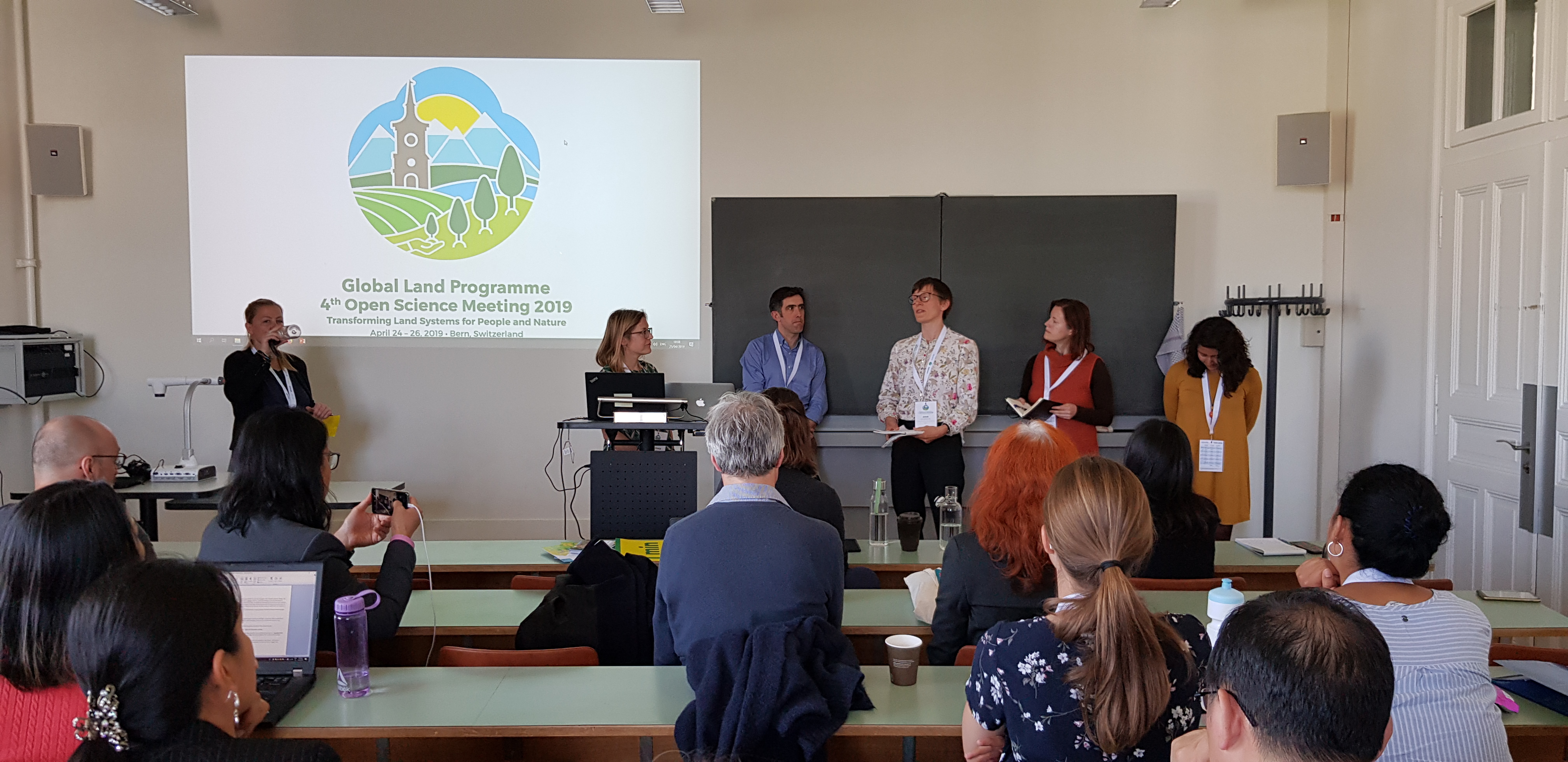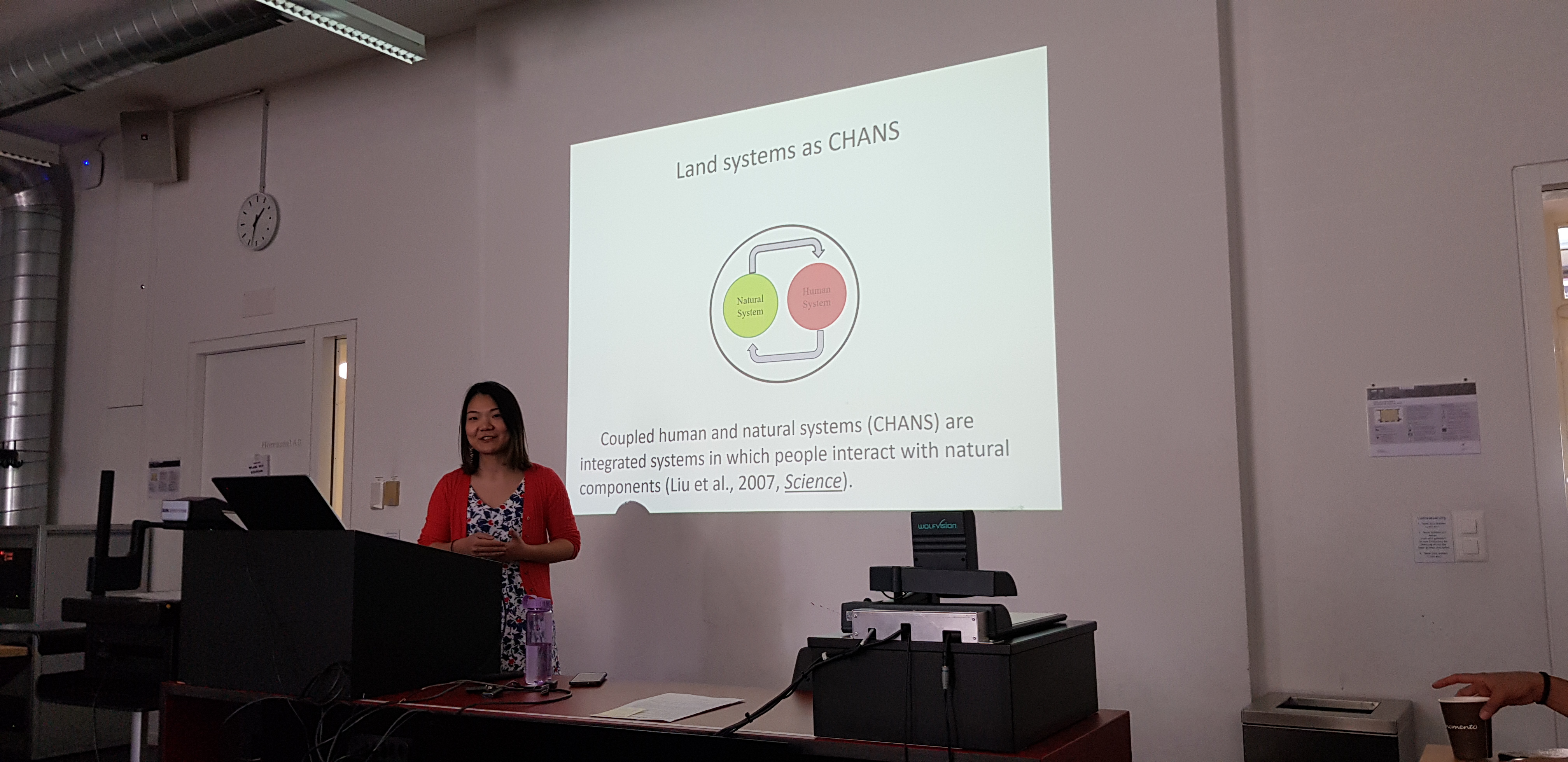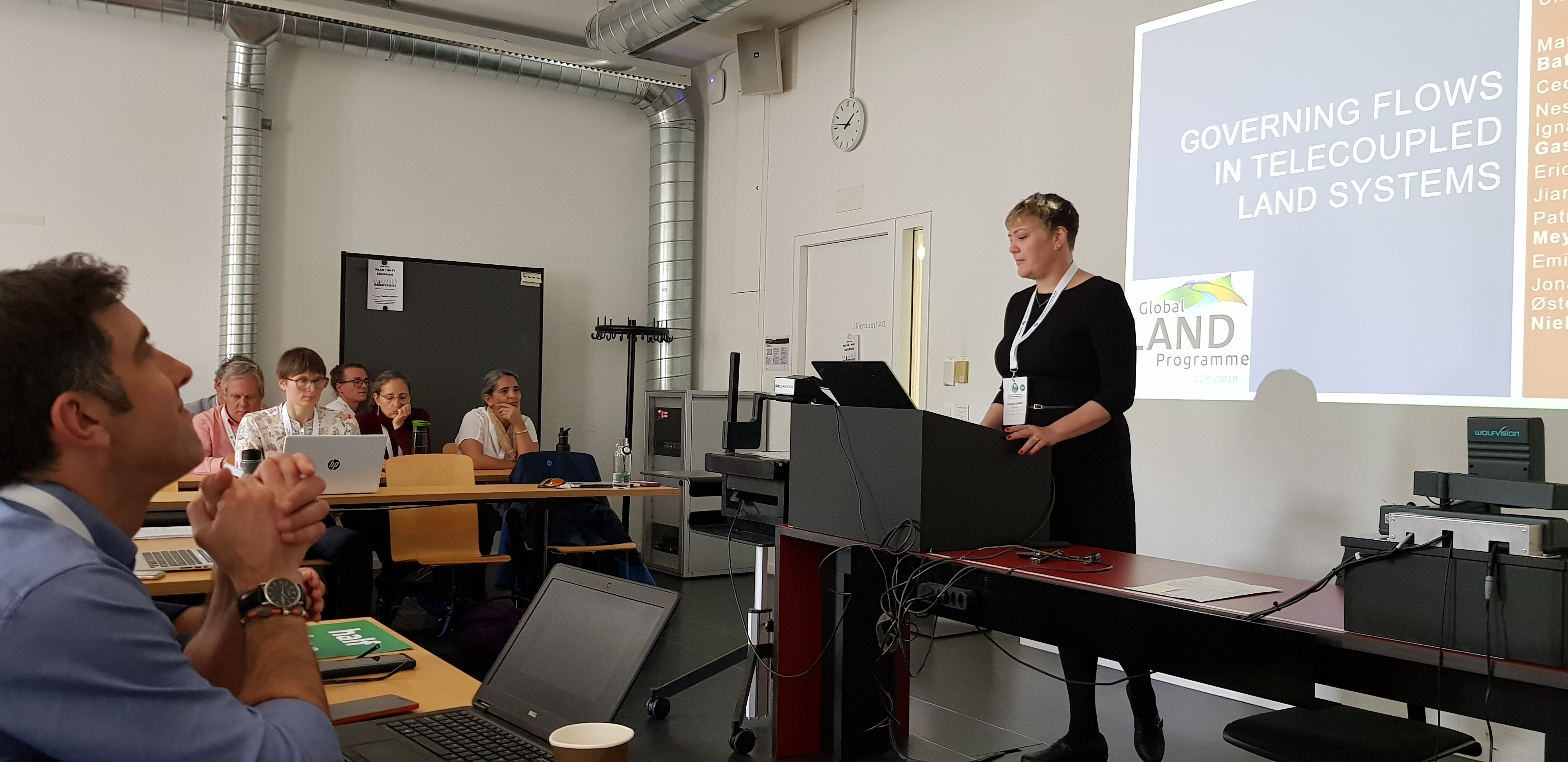Session Format: Research presentation sessions (linked to the theme ‘How do we support
transformation?’)
Session Title: Emergent effects in telecoupled systems: challenges and lessons for governing local land-use in a globally connected world
Session Organizers: James D.A. Millington, Ramon Felipe Bicudo da Silva, Mateus Batistella
Session Description: In a globally connected world, drivers of change from distant locations can present challenges for governing local land systems. As human populations and the global economy grow, demands for food and forest products are also rising, with many countries and regions driven to produce more than is needed locally to supply international markets. Economic growth and social change in some regions underlie changes in consumption behavior (e.g., increased meat consumption), causing increases and changes in the international flow of commodities. Although the effects on land systems are manifested locally, the drivers of change can often seem diffuse and geographically indistinct. Revealing these drivers and making them clearer to local and regional land managers should enable better governance of land transitions and other emergent land system effects. Thus, to address the challenge of governing local land-use systems under increasing and changing global pressures, studies and methods able to trace and identify expected and unexpected emergent outcomes are needed.
The telecoupling framework has been developed to aid investigation and understanding of these multi-scale issues of geographically distant causes and their emergent effects (e.g. introducing concepts such as spillover and cascading effects) and is therefore very pertinent in the above context. Studies of telecoupled land-use systems have recently flourished, examining the dynamics and outcomes emerging from a highly inter-connected global society with increasing demands for food, fiber and other land resources. This session is an opportunity for researchers of such studies, and of similar dynamics, to present the latest methods and results from studies of emergent land-system effects in telecoupled systems. It is also a forum for perspectives on how recent findings can contribute to sustainable management of land-use systems. The session thus provides lessons on how to anticipate and govern local land transformations and related emerging effects from multi-scale global drivers of change.
List of presented works by Consortium members
Batistella et al., 2019. Governing Telecoupled Food Systems to Overcome Common Vulnerabilities. GLP Meeting, Bern, Switzerland.
Dou et al., 2019. Understanding and simulating telecoupled land systems—using international soybean trade as an example. GLP Meeting, Bern, Switzerland.




